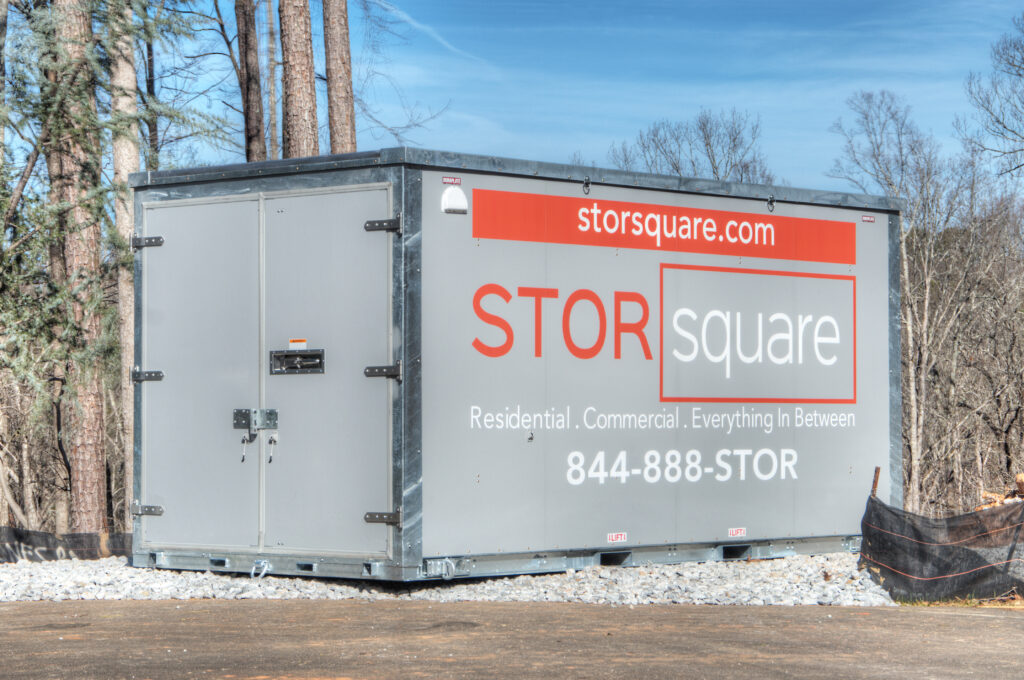In the dynamic world of agriculture, where adaptability is key, farmers are continually seeking innovative solutions to optimize crop yields and sustain soil health. Among the arsenal of tools available, temporary containers stand out as a game-changer in implementing efficient crop rotation strategies. Let’s explore how renting these containers empowers farmers with the flexibility needed for seamless crop rotations.
Maximizing Land Fertility: Crop rotation is a time-honored practice that enhances soil fertility by diversifying plant species. However, the success of this strategy depends on the ability to efficiently manage equipment, seeds, and other essentials during the transition between crops. Temporary containers offer a practical solution, allowing farmers to store and organize everything needed for each specific crop without the constraints of permanent structures.
Adaptable Storage for Equipment and Seeds: Implementing crop rotation often involves transitioning between different types of crops with specific equipment and seed requirements. Temporary containers provide a versatile and secure storage space for farming equipment, machinery, and seeds. This adaptability ensures that farmers can seamlessly rotate crops without the logistical challenges of moving items between distant storage locations.
Seasonal Storage Solutions: The agricultural calendar revolves around seasons, and so should storage solutions. Temporary containers address the seasonal nature of farming by providing short-term storage precisely when and where farmers need it. Whether it’s sheltering delicate seedlings in the spring or storing harvested crops in the fall, these containers provide on-demand flexibility.

More benefits of temporary containers
Reducing Environmental Impact: Unlike permanent structures, temporary containers have a minimal impact on the environment. Farmers can easily move and reposition them, allowing them to optimize land use without the need for extensive construction. This flexibility not only supports sustainable farming practices but also minimizes disruption to the natural landscape.
Cost-Effective and Scalable: Renting temporary containers is a cost-effective alternative to permanent storage solutions. Farmers can scale their storage needs based on crop rotation plans. They avoid unnecessary expenses associated with constructing permanent structures that may only be needed seasonally. This financial flexibility allows farmers to allocate resources where they matter most—into the success of their crops.
Empowering Farmers for Success: In the ever-evolving landscape of agriculture, adaptability is a farmer’s greatest asset. Temporary containers empower farmers with the flexibility needed to implement effective crop rotation strategies, ultimately contributing to healthier soils, increased yields, and more sustainable farming practices.
As farming continues to embrace innovation, temporary containers emerge as a silent partner, providing the backbone for seamless and successful crop rotations. The ability to adapt, scale, and store essentials on-demand ensures that farmers can navigate the complexities of modern agriculture with confidence and efficiency.

